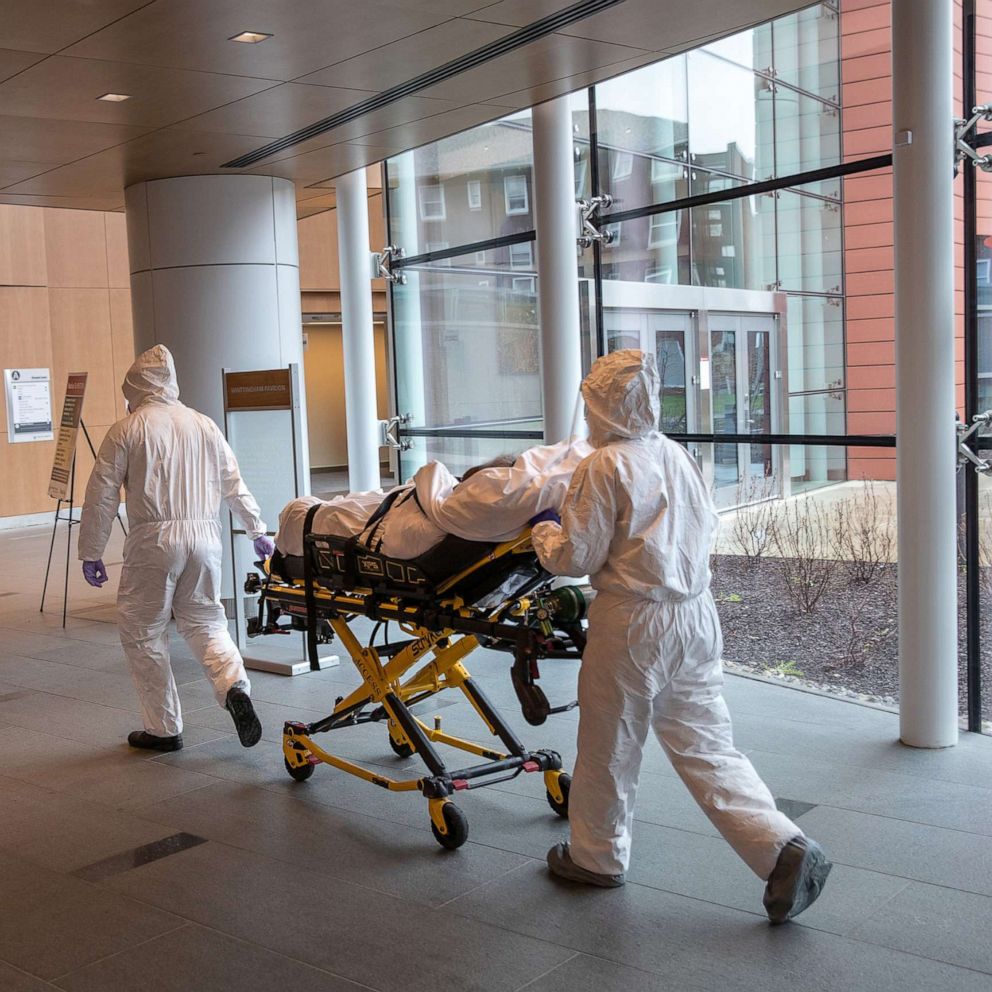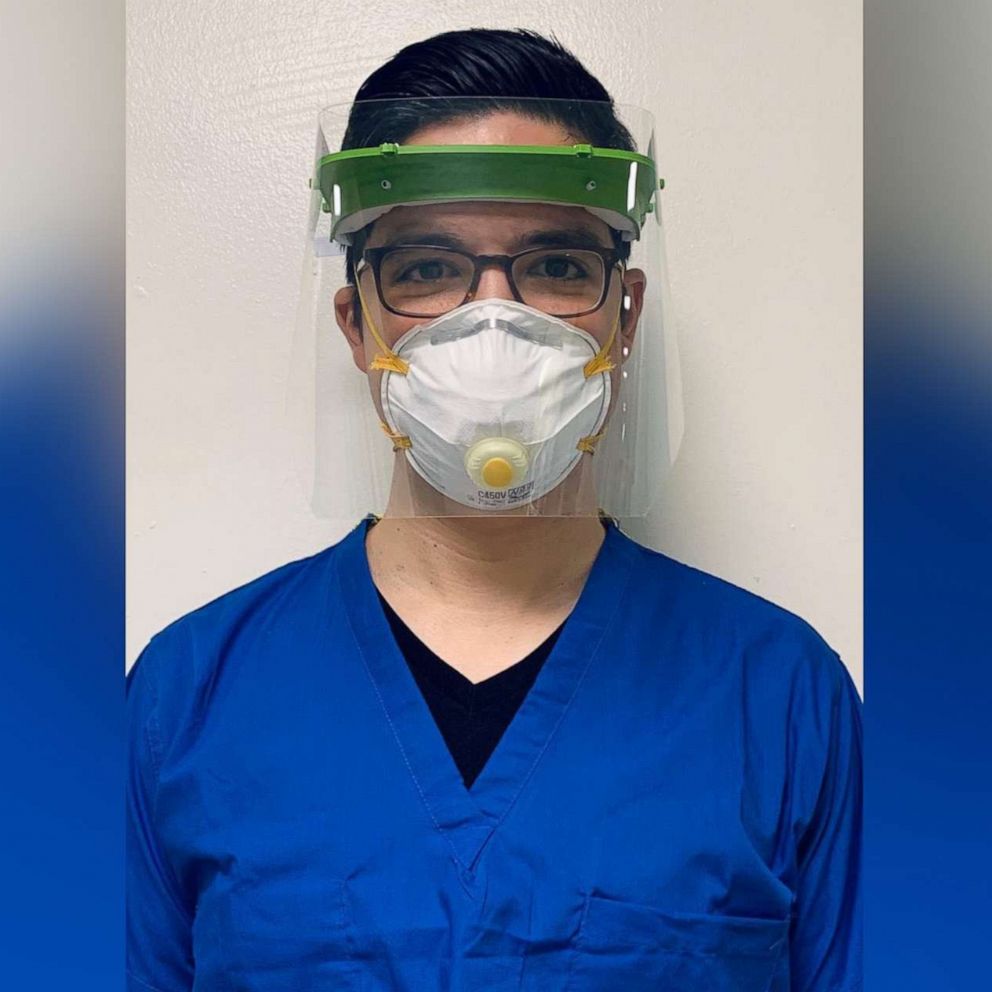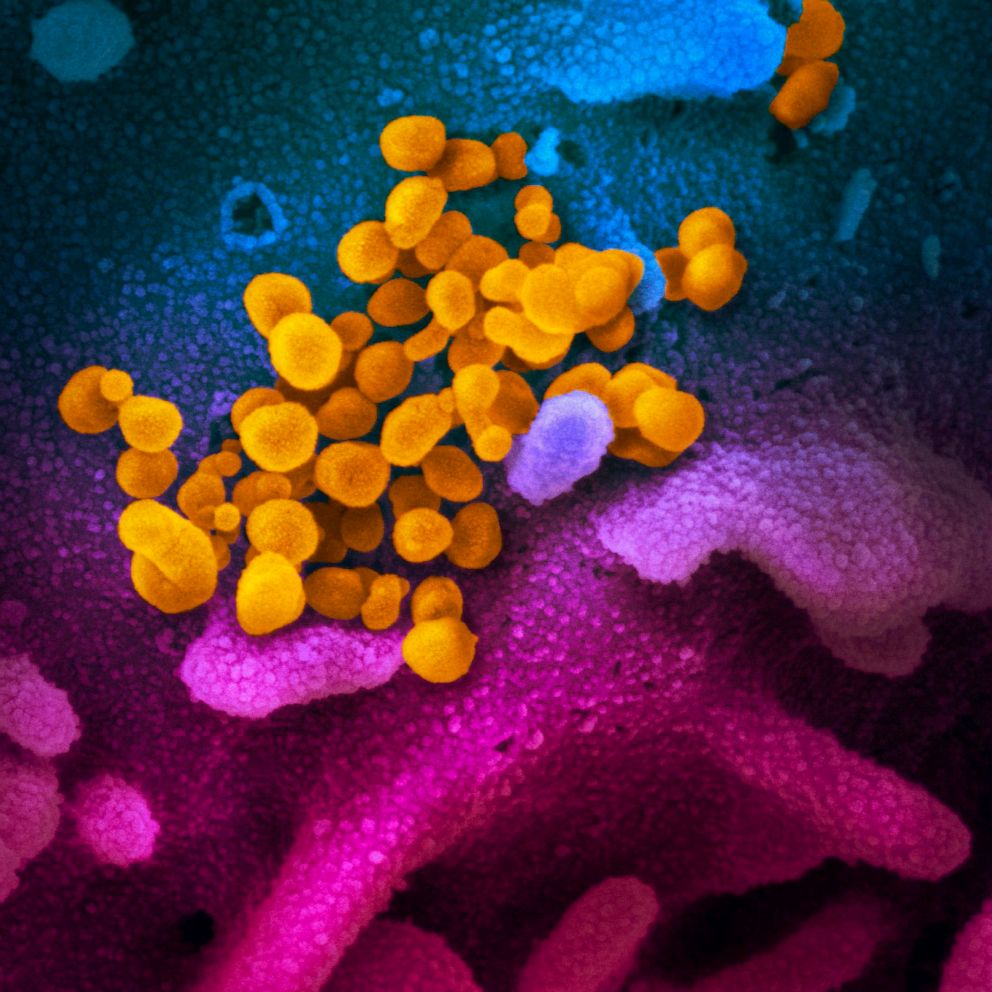Pass this course and work as a contact tracer
The lessons are available to anyone who wants to take them.
A five-hour online course created by Johns Hopkins Bloomberg School of Public Health could become the backbone of the country's contact tracer training program.
The class, which rolled out Monday, offers online instruction to anyone who wants to learn the basics of contact tracing: the process of identifying and isolating people who have been infected with COVID-19 and their close contacts. Its goal is to help limit the spread of the new coronavirus.
A robust contact tracing program is key to reopening the country, experts say. "Contact tracing breaks the chain of transmission of the virus," Dr. Kelly Henning, an epidemiologist and director of Bloomberg Philanthropies Public Health program, told ABC News.
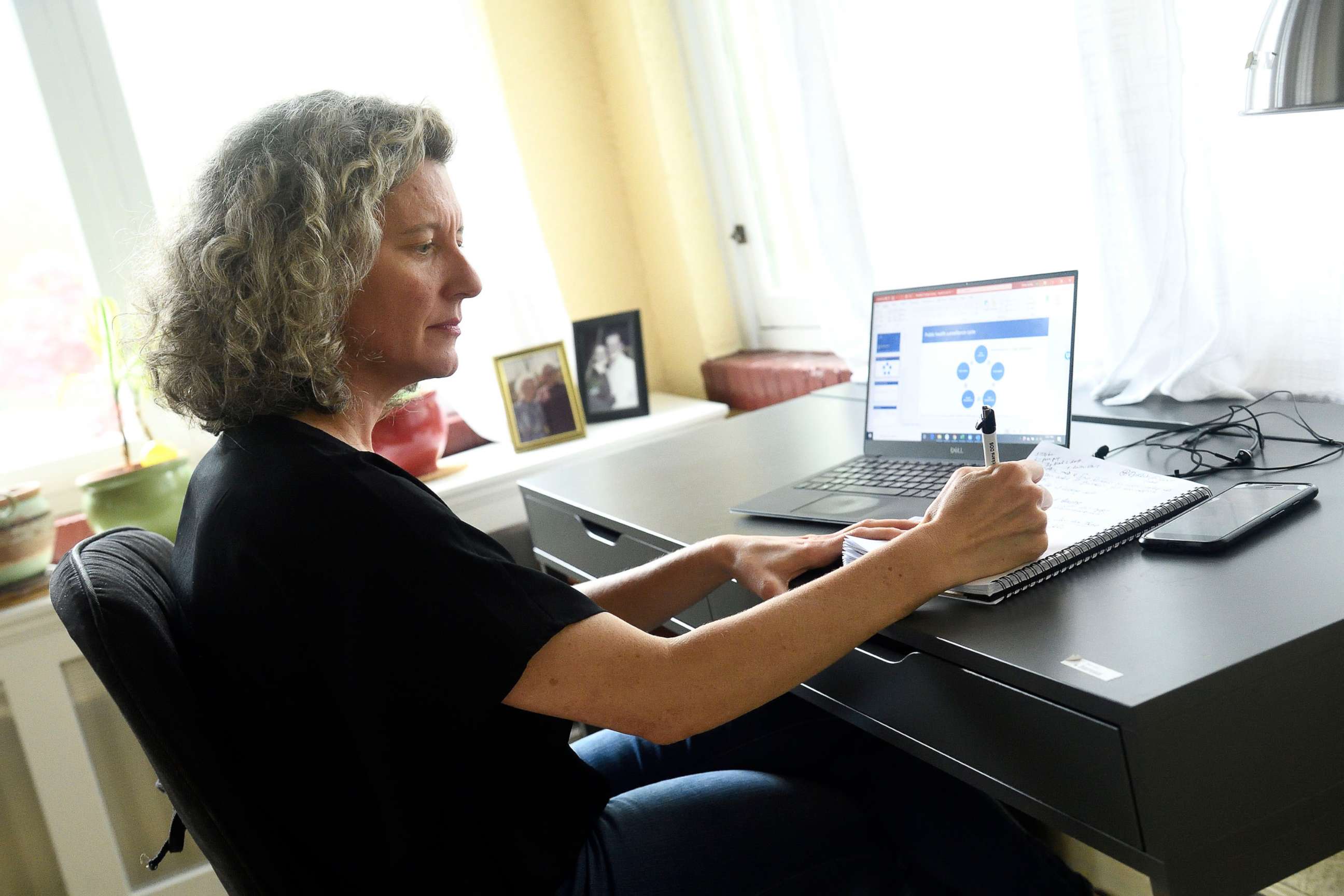
"When a contact is unaware that they've been in touch with someone, or been close to someone who was a case, they go about their usual business and they infect people all along the way," Henning said.
To stop the cycle of infection, tracers need to very quickly inform contacts that they've potentially been exposed to the virus, Henning explained. They also need to convince those exposed contacts to agree to stay at home, indoors, for 14 days.
"Then we break that chain of transmission," Henning said.
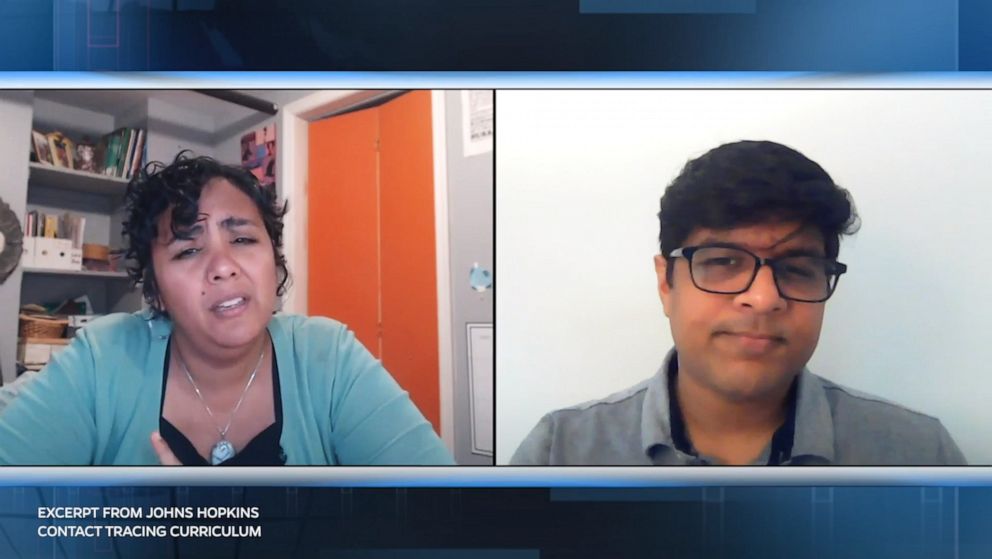
As part of New York's contact tracer pilot program, Gov. Andrew Cuomo announced in April that he will hire at least 30 contact tracers for every 100,000 individuals in regions across the state, with additional tracers brought on in harder-hit areas. In total, the program is expected to include between 6,400 and 17,000 tracers statewide, at least 1,000 of whom will be in New York City.
Financed in part by former New York Mayor Michael Bloomberg, whose foundation Bloomberg Philanthropies has committed $10.5 million to the program, the New York State Health Department is recruiting, interviewing and training what Cuomo has referred to as an "army" of contact tracers.
That's where Johns Hopkins' online course comes in.
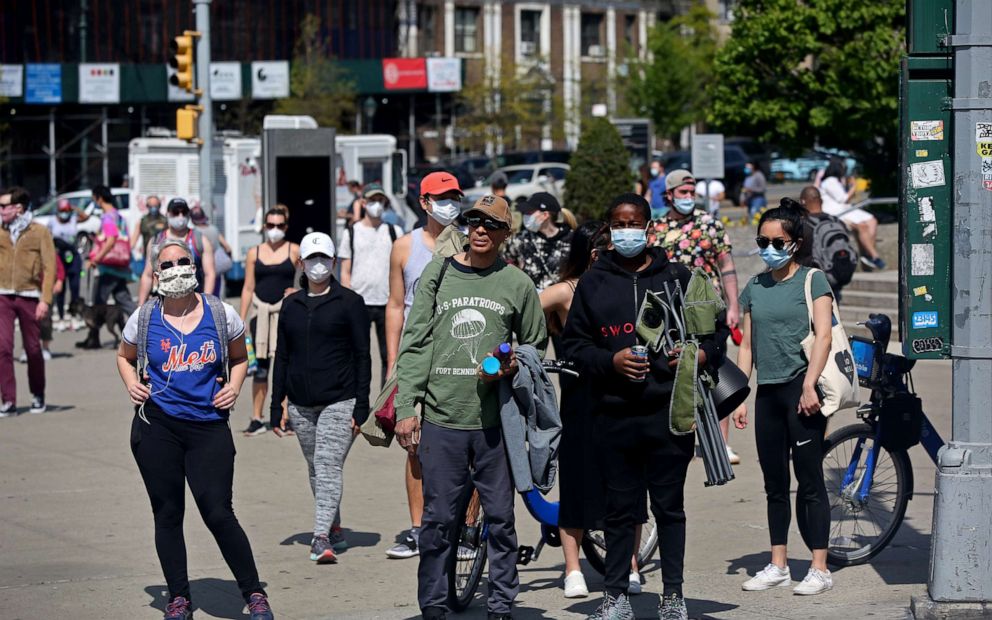
The course, which is free and open to anyone who wants to take it, will serve as a pre-requisite for becoming a contact tracer in New York state. Those who want to secure a contact tracer job in New York must first pass the course's online exam.
Taught by Emily Gurley, an associate scientist at Johns Hopkins, the course will cover the science of COVID-19 and the basics of contact tracing, including how to build rapport with the COVID-19 infected individuals and their contacts.
Qualifications for becoming a contact tracer differ around the country (for example, New York City requires that applicants have health-related professional experience, while Massachusetts does not), but if Johns Hopkins' online curriculum is a success in New York, there's potential for it to be used as a foundational training tool in a large number of states.
"Contact tracers don't need deep medical backgrounds, but they do need to, of course, understand the basics around the virus," Henning said. "They also need to be quite resourceful. They need to be able to find the contacts and use all those parameters that they have available to them to do that."
Apart from that, Henning said, they need to be empathetic, a trait which was modeled during a Johns Hopkins contact tracing video simulation viewed by ABC News. "I hear you," the tracer told a worried contact, who had just learned that she's been exposed to the virus and would have to quarantine for 14 days, without going to grocery store, visiting friends or going to work. "We're making a big ask," the tracer added.
What to know about the coronavirus:
